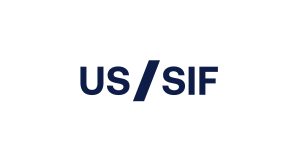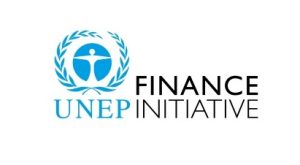ESG Bonds Classification of Singapore Exchange
Singapore Exchange believes that when the bonds meet the criteria of green bonds, social bonds, or sustainable bonds, they can be considered as Sustainable Fixed Income. Specifically, both bonds for institutional investors and retail bonds for individuals need to meet the following conditions:
- Bonds need to meet the recognized standards of green, social or sustainable bonds;
- Certification process of bonds is recognized by third-party financial institutions;
- Bonds need to disclose the certification report and relevant information to the market;
The Sustainable Fixed Income of the Singapore Exchange is a part of the ESG bonds. Under the circumstance that climate change and sustainable issues are gradually becoming priorities, both governments, enterprises and stakeholders pay more attention to sustainable bonds. The Singapore Exchange said that bonds conforming to Sustainable Fixed Income are also part of green, social, or sustainable (GSS) bonds.
Role of Sustainable Fixed Income Certification
When bonds meet the relevant requirements of Sustainable Fixed Income, they will be published on the website of the Singapore Exchange. The bond issuer can prove to the market and investors that the sustainability of the bonds meets the certification standards and can also continuously disclose the issuer’s sustainable actions to the market. In the market promotion, the issuer can also use the Sustainable Fixed Income mark to promote the sale of bonds to investors.
To encourage issuers to apply for certification, the Singapore Exchange does not charge fees for the application of the Sustainable Fixed Income program, and the issuers only need to provide relevant English documents. If the certified issuer fails to disclose the documents as required, the Exchange may cancel the bond certification. Cancellation of the certification of Sustainable Fixed Income will not affect the listing of bonds.

ESG Bonds Currently Listed on the Exchange
As of January 2023, there are 67 Sustainable Fixed Income securities listed on the Singapore Exchange. These bonds came from many countries and regions, such as New Zealand, China, Singapore, Malaysia, Hong Kong, Australia, South Korea, Philippines, India, and Japan. In addition, bonds involve different monetary units, such as the euro, US dollar, Singapore dollar, Hong Kong dollar, and Japanese yen.
Many issuers are government organizations, banks, and public utilities. These issuers always have stable finance records and they can be pioneers in issuing ESG products. In terms of bond maturity, except for a small portion (less than 10%) of perpetual bonds, most bonds have maturities before 2030, and a few bonds have maturities beyond 2050. These long-term bonds are generally issued by the government, for example, the Singapore government issued a bond priced in Singapore dollars and maturing in August 2072.
For of the types of ESG bonds, Singapore Exchange marks each bond as green bond, social bond, or sustainable bond. The proportion of green bonds is the highest, with more than 50% of total Sustainable Fixed Income securities.
While each bond is marked as a different ESG classification, the corresponding reference classification standard is also published. For example, if it meets the ASEAN (Association of Southeast Asian Nations) green bond standard, it is recorded as a green bond, and if it meets the ICMA (International Capital Market Association) social bond standard, it is recorded as a social bond. The specific certification standards are determined by the Exchange. Issuers should provide ongoing reports required by these certification standards.
Reference:
Sustainable Fixed Income – Singapore Exchange (SGX)
This is an article about querying ESG products through different countries and regulators. This website will provide methods on querying ESG bonds, stocks, funds and other popular financial instruments. To obtain more insights, please click ESG Products.
Author





